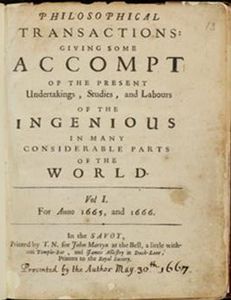The new NIH biosketch format will be required for grant applications submitted on or after May 25, 2015 – see our recent blog post for more information. To help with the transition, check out the Science Experts Network Curriculum Vitae (SciENcv), an online tool that helps researchers gather and compile personal information, such as expertise, employment, education and professional accomplishments, for re-use in grant submissions. Profiles can be created by entering data manually, copying an existing profile, or using an automated feed from an external source such as eRA Commons, National Science Foundation and ORCID (Open Researcher and Contributor ID).
Learn more about the recent ORCID Author Data Integration and check out this short video which focuses on the special features in SciENcv that help users create, share, and maintain NIH biosketch profiles:

 Professor Dennis Yuk Ming Lo, associate dean of medicine at Chinese University, has developed a new method called liquid biopsy, which he claims can detect many kinds of cancer at a very early stage. Lo’s method decodes millions of DNA fragments in a human’s blood with the use of a DNA-sequencing machine. The results are then compared to that of a normal human genome or a complete set of human DNA. Researchers can now spot rearranged DNA patterns – a significant sign of a tumor. The liquid biopsy technology,
Professor Dennis Yuk Ming Lo, associate dean of medicine at Chinese University, has developed a new method called liquid biopsy, which he claims can detect many kinds of cancer at a very early stage. Lo’s method decodes millions of DNA fragments in a human’s blood with the use of a DNA-sequencing machine. The results are then compared to that of a normal human genome or a complete set of human DNA. Researchers can now spot rearranged DNA patterns – a significant sign of a tumor. The liquid biopsy technology,